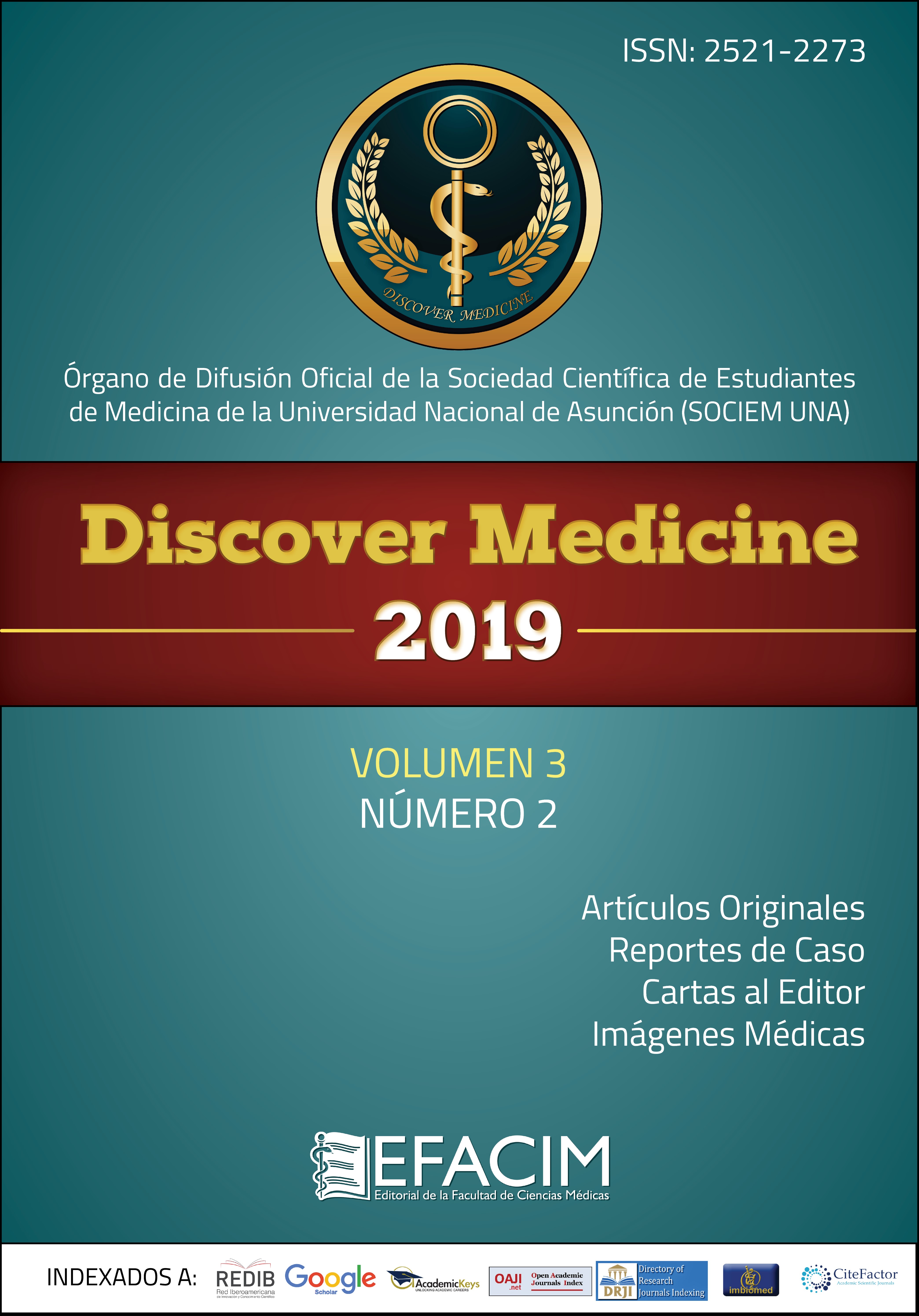Abstract
Background: This research analyzes the cognitive emotional regulation strategies used by nurses, identifying the adaptive and maladaptive strategies with precedents by Sanchez Ramos (2016), Lhasa (2014), Fernandez (2009). Other studies have focused on the reliability and validity of the Cognitive Emotional Regulation Questionnaire (CERQ).
Methods: The study was descriptive, transversal, quantitative; carried out between 2014 and 2018, in Asunción. The sample was non-probabilistic of 350 participants, from 20 years onwards, whom has been there for more than a year. The instrument used was the CERQ validated for the population of Córdoba, Argentina (Moriondo, Palma, Medrano and Murillo, 2013); the data was processed with SPSS, version 22.0 and ethical considerations were taken into account.
Results: The age range was 20 to 67 years, 80% were women and 20% men, mostly married (44%). The area of clinical medicine (42%), from pediatrics (28%).The results focus on three strategies: catastrophizing, positive reinterpretation and positive targeting. Statistically significant differences were found in Acceptance and Blaming Other strategies. The males obtained a higher average in the results.
Conclusion: There is increased focus on three strategies: catastrophizing, positive reinterpretation and positive targeting. These are effective to lessen the impact of a negative event; but they need specific training that allows them to develop effective strategies to reduce the effect. Poor use of emotional regulation strategies creates greater vulnerability to the occurrence of adverse events and expands the possibilities of developing psychopathological symptoms.
References
Pérez-Escoda N, Bisquerra R, Filella GR y Soldevila A (2010) Construcción del cuestionario de desarrollo
emocional de adultos (QDE-A). REOP. Vol. 21, 2 (2), pp. 367-379. Disponible en: http://diposit.ub.edu/dspace/bitstream/2445/51184/1/578802.pdf
Chan M, Creedy D, Chua T, & Lim C (2011) Exploring the psychological health related profile of nursing students in Singapore: a cluster analysis. Journal Of Clinical Nursing, 20(23/24), 3553-3560. doi:http://dx.doi.org/10.1111/j.1365-
2011.03807
Jermann F, Van der Linden M, Acremont M y Zermatten A (2006) Cognitive Emotion Regulation (CERQ): Confirmatory Factor Analysis and Psychometric Properties of the French Translation. European Journal of Psychological Assessment, 22, 126–131.
Sánchez Ramos L (2016) Estilos de personalidad, afrontamiento y satisfacción en profesionales sanitarios en relación con la salud. Disponible en: http://eprints.ucm.es/37677/1/T37218.pdf
Lasa A (2014) Diferencias de género en estrategias de regulación emocional. Disponible en: jornadasaludemociongenero.uji.es
Medrano LA, Moretti L, Órtiz A y Pereno G (2013) Validación del Cuestionario en Universitarios de Córdoba, Argentina. Psykhe; 22 (1). Disponible en: http://www.scielo.cl/pdf/psykhe/v22n1/art07.pdf
Aradilla A (2013) Inteligencia Emocional y variables relacionadas en Enfermería. Tesis doctoral.
Universidad de Barcelona. Disponible en: http://hdl.handle.net/2445/44992
Fernández Martínez ME (2009) Estrés percibido, estrategias de afrontamiento y sentido de coherencia en estudiantes de enfermería: su asociación con salud psicológica y estabilidad emocional. Tesis doctoral. Universidad de León: España. Disponible en: http://buleria.unileon.es/xmlui/bitstream/handle/10612/902/2009FERN%C3%81NDEZ%20
MART%C3%8DNEZ%2c%20MAR%C3%8DA%20ELENA.pdf?sequence=1
Hernández S, Fernández C y Baptista P (2010) Metodología de la investigación. Quinta Ed.
México: McGraw Hill.
Campos T (2018) Metodología de la investigación científica. Manual para elaboración de tesis y trabajos de investigación. Asunción: Marben
Kuppens P y Van Mechelen I (2007) Interactional appraisal models for the anger appraisals of threatened selfesteem, other-blame, and frustration. Cognition & Emotion, 21, 56-77. doi:10.1080/02699930600562193
Zaccagnini JL (2004) Qué es inteligencia emocional: la relación entre pensamientos y sentimientos en la vida cotidiana. Madrid, España: Biblioteca Nueva.
Garnefski N, Kraaij V y Spinhoven P (2001) Negative life events, cognitive emotion regulation and emotional problems. Personality and Individual Differences, 30, 1311-1327. doi:10.1016/S0191-8869(00)00113-6

This work is licensed under a Creative Commons Attribution-NonCommercial-NoDerivatives 4.0 International License.
Copyright (c) 2023 Salvadora Giménez, Alba Cuevas, Aida Fátima Navarro
